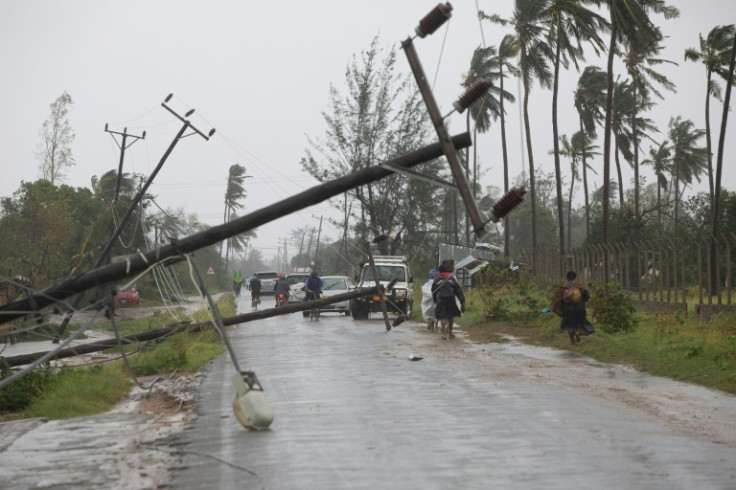Water And Sanitation Department To Establish Infrastructure Agency For Managing Challenges
In an attempt to respond to the challenges faced by the water industry, the Department of Water and Sanitation (DWS) disclosed their decision to establish the National Water Infrastructure Agency (NWRIA), apart from reconfiguring the Water Boards and the Catchment Management Agencies.
DWS closed the extended public consultation process of the draft NWRIA Bill, and said that the National Economic Development and Labor Council (Nedlac) has created a task team to consult on the bill.
NWRIA bill was originally introduced by DWS in 2020, and it went through several review stages and public consultation before being presented in the parliament.
"These processes are currently underway. When they are completed, we will be taking the bill back to Cabinet with a report on the consultations, recommendations for any amendments to the Bill, and recommendations for the Bill to be submitted to Parliament," DWS' Director-General Sean Phillips said, SA News reported.
DWS has also set up the Water Partnership Office, which will support municipalities to partner with the private sector. This will ensure there is more private sector investment in water services.
"Standard partnership programmes are being developed in the areas of non-revenue water, management of waste-water treatment works, water -use, and the general management of the municipal water and sanitation function," Phillips added.
Even though water services infrastructure are in place, they are not properly functional due to poor maintenance and operation by municipalities, Phillips had previously admitted.
While the government has improved people's access to water since 1994, Phillips explained challenges still exist at the municipal level, hampering the supply.
As per DWS, 90% of houses in the country have access to at least a Reconstruction and Development Programme level of service in terms of water supply.
"This means that while water services infrastructure may be in place, it often does not function properly or does not provide water of an adequate quality, due to poor maintenance and operation by municipalities," Phillips told SA News.
The department explained 10% of houses do not have access to water supply and now, their aim is to prioritize "working with water boards and municipalities to extend water distribution infrastructure to all areas that are not yet supplied."
Phillips said that the "department is working with Lepelle Northern Water and the Mopani District Municipality in Limpopo to ensure that the installation of distribution infrastructure to communities in and around Giyani that have never had piped water."
He added these projects were prioritized by the department with its Regional Bulk Infrastructure Grant and Water Services Infrastructure Grant, which was allocated to the municipalities.
"The Minister has prioritized the municipalities with the most deteriorated water and sanitation services and in many of these the Minister and mayors have agreed on turnaround action plans which the department is supporting the municipalities to implement," the DWS director general said.
The department is also working on reconfiguring water boards to ensure that the financial sustainability and scale are improved.
Parliament's Portfolio Committee on Water and Sanitation said last year that water boards owed R16.1 billion as municipalities' clients have not made the payments, which negatively impacts their ability to raise funds for capital projects.
Phillips noted the problem of non-payment by municipalities was a major concern, which needed to be addressed.
"Unless this problem is addressed, the financial sustainability of the water boards will increasingly be put at risk," he said.
The department further shared that they were trying to work on measures to improve revenue collection. For instance, they were planning to install bulk prepaid meters for municipalities and link them with municipal bank accounts.
Aside from this, the Phillips also acknowledged that the country has witnessed many flooding incidents, which damaged water services infrastructure, due to which the department was encouraging municipalities to build stronger framework.
Considering the recent flooding incident, the OR Tambo District Municipality in the Eastern Cape witnessed heavy flooding in March that caused loss of life, displacement of communities, and damage to infrastructure.

© Copyright 2026 IBTimes ZA. All rights reserved.





















